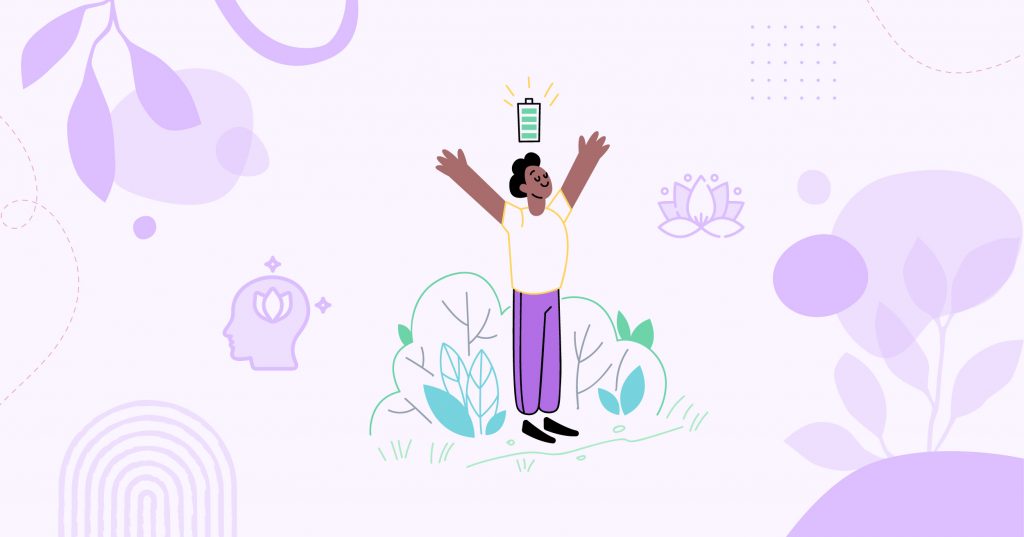“No one to hear the voice of heart, longing for a companion to share, a friend, who’s always there for you, and who cares.”
When you are at the lowest of your time, the only person you run to is your best friend—one who understands you, would never judge you, and supports and motivates you.
You are very lucky if you have that one person in your life who is always there for you when you need a caring hand to calm, guide, or even tell you when you are in the wrong.
A true friend is not the one who will support you no matter what you do; a true friend is someone who will not judge you for your actions but guide you through the right path in your life.
Now, the real question is, have you ever been a true friend to someone?
Have you ever cared for or been empathetic to your friend to a level when his troubles will make you suffer as much as your friend does?
If you are still thinking and have no idea whether you have been a good and caring friend or not, then don’t worry. There is still time to show that you are a true friend and you actually care.
Let’s learn more about the traits of a good friend and how you can become one by taking small yet effective steps.
What Does It Mean to Be a Good Friend?
Friendship is one of the greatest gifts that life has given you. But sometimes, we forget to appreciate it and show how grateful we are to have some good and caring friends.
A good friend is not someone who just shows up when the times are good. It is more about being someone who can deeply understand, connect, and offer support. Friendship is an emotional bond built on mutual trust, empathy, and shared experiences.
If you are really looking forward to being a good friend, it is not necessary to have all the answers, but you must have the ability to truly listen when your friend opens up.
👉 Pro Tip
Being a good friend starts with being present. Try setting a regular “check-in” reminder on your phone—it’s a simple way to make sure you’re consistently showing up for the people who matter most in your life.
Studies suggest that 1 in 5 people experience feelings of loneliness even when surrounded by others, meaning your presence alone can make a bigger impact than you think.
It is important to be aware of your friend’s emotional and mental state and offer support, even if you cannot give a solution. The human brain naturally mirrors the emotions of people around them; it is a process called empathic attunement, which is important for deepening friendships.
Small Actions that Strengthen Your Friendships
True friendship is not all about grand gestures; it is about the small actions that truly strengthen your relationship with time and effort. When you send an unexpected message or remember an important detail about your friend’s life, it shows you care.
Here is a list of small actions that you can take to strengthen your friendship:
#1: Be There, Even When It’s Not Convenient
If your friend is going through difficult times, being a true friend means being there for him. It will make your bond stronger. If you are making some time and effort to check in, even when you are busy or distracted, it shows that you care for your friends and they matter. This act of being emotionally available helps you strengthen your trust and closeness.
#2: Remember the Little Things
Friendship is when you have shared memories and remember the details that matter to your friend, like their favorite songs, childhood stories, or dreams. It will create an emotional bridge to bring you closer. According to psychological studies, people who recall positive memories with their friends feel significantly more connected in the long term.
🎭 Interesting Fact |
Sharing a simple laugh together boosts your mood and strengthens your friendship. Laughter triggers the release of endorphins, creating a positive emotional connection that helps build resilience in your relationship over time.
Small acts count when you do them from your heart; they touch the souls of people close to you and foster a strong and lifelong bond.
How to Be a Friend Through the Good and the Bad?
If you are wondering how to make a difference and be empathetic during your friend’s good and bad, then here are some of the tips that can help you show that you actually care:
#1: Accept Differences and Respect Boundaries
It is important to understand that every friendship comes with its own uniqueness, which makes it essential to respect your friend’s viewpoint, lifestyle choices, and personal boundaries. It is natural to have disagreements, but what matters the most is how you handle them. As a good friend, you accept your friend’s traits and shortcomings; you create an environment where both of you feel safe and comfortable to be yourself.
Research shows that respecting boundaries strengthens emotional intimacy, as it demonstrates that you value your friend’s autonomy.
#2: Show Genuine Appreciation
Another great way to strengthen your friendship is gratitude. You can send a short message to your friend saying, “Thank you for being there for me,” or for something your friend did. According to some studies, expressing gratitude not only increases the well-being of the person receiving it but also enhances your own happiness.
Mutually appreciating each other will strengthen the emotional foundation of a friendship. You can keep a journal where you can write down the things your friend has done to you and things that you appreciate about your friend and read them later to analyze how these small steps have brought you closer and made your friendship stronger.
#3: Offer Help Without Being Asked
Sometimes, we tend to wait until our friend actually asks for help. You can be proactive here and offer your help without asking when you know your friend is in trouble. Even in small ways, extending your hand for help will leave a great impact. It could be as simple as offering a ride, helping with a task, or being available and support during stressful times.
When you offer your help without asking, it helps build trust and shows that you are paying attention to your friend’s needs.
#4: Share Your Own Vulnerabilities
Friendship just doesn’t go one way. When you are there for your friends and support them, you can also share your vulnerabilities to bring a deeper sense of closeness. It will show your friend that you trust them and value their emotional support as well.
The mutual exchange of feelings and challenges will strengthen the sense of empathy and the bond of your friendship.
#5: Create Shared Rituals
Creating rituals together, like a weekly coffee catch-up or an annual road trip, can take your friendship to the next level with a sense of continuity and tradition. These routines could be small, but they act as the pillars that keep your relationship strong, even when life gets busy.
When you are creating these rituals, you are making sure that you value friendship and are willing to invest your time and effort to keep it thriving.
👉 Quick Question
When was the last time you checked in on a friend just to see how they’re really doing, without any specific reason? How did it make you both feel?
These simple yet powerful acts will help you keep your bond strong and let you know that you are there for each other in the good and bad times.
Conclusion
You do not have to be perfect to be a good friend; all it requires is intention. Your every small act of kindness, shared experience, and carefully listening to your friend build a foundation for your friendship.
The best part is that you have everything you need to cultivate a meaningful friendship. You can focus on empathy, being present, and emotional availability, and it will help you create a meaningful and deep-rooted friendship that can last a lifetime.
Having a good friendship and cherishing it are beautiful experiences that enlighten your life and fill it with joy, laughter, and happiness.
“Spreading arms wide open, sowing with care, a friendship seed; looking out for you through the storms, cause a friend in need is a friend indeed.”
Activity: The Friendship Jar
1. What You Need: A jar, some small pieces of paper, and a pen.
2. Instructions: Every week, write down one small, kind action you’ve done for your friend on a piece of paper. It could be anything—sending a supportive message, listening without judgment, or planning a fun day together. Fold the paper and place it in the jar.
3. Reflect: At the end of each month, open the jar and read through the notes. Reflect on how these small actions have impacted your friendship. How did they make your friend feel? How did they make you feel?
👉 Pro Tip:
This activity will not only remind you of the efforts you’re putting into your friendship, but it will also inspire you to continue nurturing those bonds with intentional, caring actions.





















